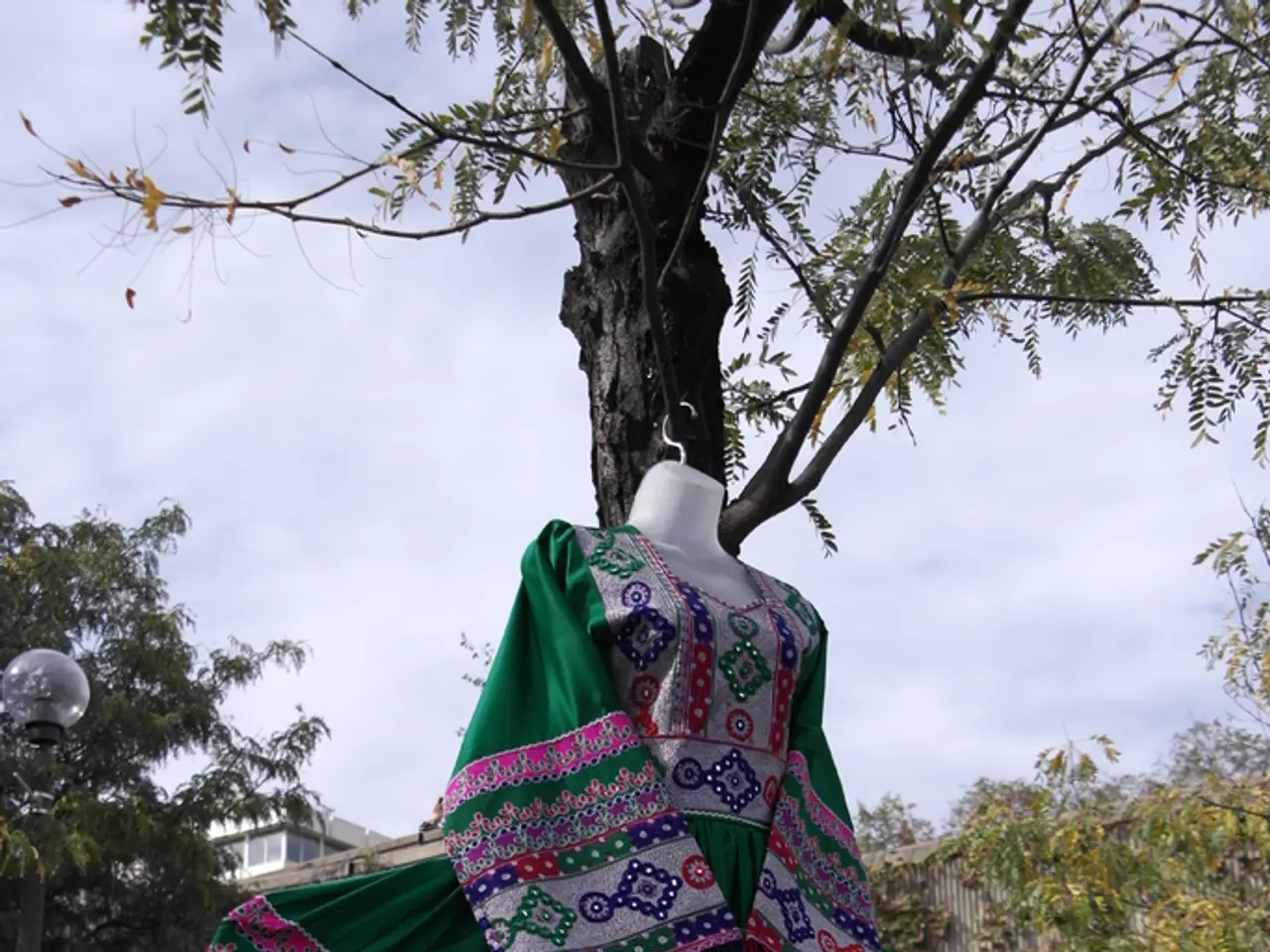Raiding in the name of liberty: Protesters storm Capitol Building on June 27, 2024, causing chaos and disruption.
In a recent development, renowned American clothing company Levi Strauss & Co. has faced scrutiny over allegations of union-busting at a Turkish supplier. The Turkish supplier, reportedly, has been accused of intimidation, harassment, and termination of workers who speak out against poor working conditions.
The issue of workers' rights violations in the fashion industry is not unique to Levi's Turkish supplier. Reports of poor working conditions, low wages, and anti-union practices have surfaced in various parts of the world, including Bangladesh and Cambodia. This systemic problem within the fashion industry prioritizes profit margins over the well-being of garment workers.
The controversy surrounding Levi's has sparked renewed interest in ensuring worker rights are protected worldwide. The Worker Rights Consortium, an organisation leading the charge for accountability and change in the fashion industry, has been vocal about the need for companies like Levi Strauss to take responsibility for their supply chains and prioritise the well-being of their workers.
Levi's, however, asserts that they have strict ethical sourcing standards in place and expect all suppliers to adhere to them. The company has released a statement emphasising their commitment to worker rights and conducting a thorough investigation into the matter.
The impact of union-busting at Levi's Turkish supplier goes beyond the workers themselves, affecting families and livelihoods in the surrounding community. When worker rights are violated, it creates a culture of fear and erodes trust between employees and management, leading to a breakdown in communication and cooperation.
The situation raises questions about accountability and transparency in the global fashion industry. There is a growing need for greater transparency and accountability from companies throughout the supply chain. By holding brands accountable for unethical practices, we can create a more just and equitable fashion industry where worker rights are respected.
As of August 1, 2025, no verified updates or official statements from Levi's concerning union-busting allegations at a Turkish supplier are found in the current search results. If such developments exist, they have not been covered in the recent public sources accessible as of this date.
The exploitation of garment workers sets a dangerous precedent for other industries in Turkey and around the world. As consumers, it's crucial to support brands that prioritise ethical practices and worker rights, and to demand transparency from those who do not. Only then can we hope to see meaningful change in the fashion industry.
- The Worker Rights Consortium advocates for companies like Levi Strauss & Co. in the industry to take responsibility for their supply chains and prioritize the well-being of their workers, contributing to workplace-wellness.
- The fashion-and-beauty industry's systemic problem with workers' rights violations, prioritizing profit margins over health-and-wellness, is evident in various regions, including retail giants such as Bangladesh and Cambodia.
- The controversy at Levi's Turkish supplier highlights the connection between finance and the violation of workers' rights, with eroded trust and communication, resulting in a culture of fear.
- Science and research show that proper working conditions and fair treatment of employees lead to positive business outcomes, promoting a healthy work environment in the retail sector.
- Consumer choices play a significant role in promoting the finance and growth of the health-and-wellness industry. By supporting brands that prioritize ethical practices and worker rights, customers can influence positive changes in the fashion-and-beauty industry and beyond, impacting culture and daily lifestyle.




